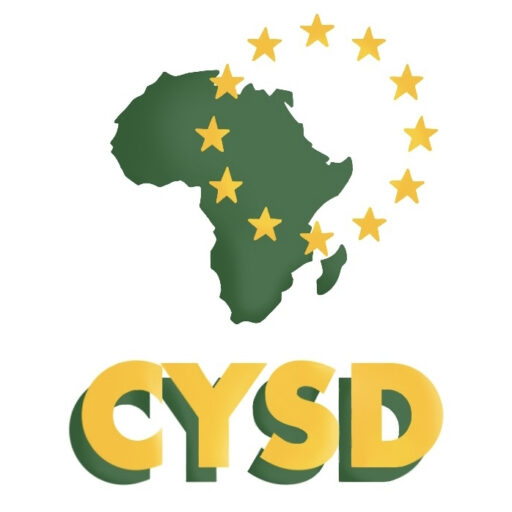Area
Economic
GOAL(s)
Summary (description and reason to be)
The Sports for Change and Development initiative, titled “SOAR – Supporting Young Women and Girls to Thrive,” is run by the Resource Hub for Development (RHD). The project aims to empower adolescent girls (11-18) and young women (19-34), along with women in sports leadership (35-65), in Western Kenya through football and volleyball. The initiative has already involved 1034 young women and girls, as well as 116 women with disabilities, across three counties in Western Kenya. Using sports as the basis of their methodology, Sport for Change promotes positive social change, breaking down barriers and fostering discussions on important issues like food security. The initiative’s success has garnered interest from women-led teams in other counties in Western Kenya, emphasizing its potential for a wider positive impact.
Target: Vulnerable Group (VG) and/or type of community
Adolescent girls (11-18) and young women (19-34), along with women in sports leadership (35-65), in Western Kenya
Objectives
The project “Sports for Change and Development – Supporting Young Women and Girls to Thrive (SOAR)” aims to empower adolescent girls (11-18) and young women (19-34), as well as women in sports leadership (35-65) in Western Kenya through the use of football and volleyball. The primary objectives are to promote positive social change, engage communities in discourse on important issues, and provide opportunities for personal and community development.
Requirements
The project requires the involvement of the Kenya Female Advisory Organization (KEFEADO) to coordinate and implement the activities effectively. It also needs sufficient funding, suitable sports facilities, trained coaches, and support from local communities and stakeholders to ensure the smooth execution of the initiative.
Performance procedures
The project’s performance procedures involve identifying target groups, recruiting participants, conducting sports training and development programs, organizing competitions and events, and monitoring the progress of participants. Additionally, the initiative requires continuous evaluation and feedback mechanisms to measure its impact and effectiveness.
Activities
The activities of the project include establishing and maintaining 14 teams in three Western Kenyan counties, focusing on football and volleyball. It also involves working with a women-with-disability team playing sitting volleyball. The initiative employs sports as a means to engage communities, facilitate discussions on social issues like food security, and promote social inclusion.
Results
The project has directly involved 1034 young women and girls, along with 116 women with disabilities, resulting in enhanced self-confidence, improved physical health, and increased social integration. Additionally, it has fostered an environment that encourages women’s leadership in sports and has garnered interest from other women-led teams in different counties, indicating its potential for expansion and replication.
Strengths
The initiative’s strength lies in its innovative use of sports for social change, breaking down barriers and engaging hard-to-reach groups. It empowers young women and girls, promotes gender equality, and encourages women to take on leadership roles in sports and their communities.
Weaknesses
One potential weakness is the dependence on external funding, which may affect the sustainability of the project in the long term. Additionally, there might be challenges in overcoming cultural barriers and stereotypes related to women’s participation in sports.
Difficulties or constrains for its implementation
Some difficulties for implementing the project include resistance from conservative communities or limited resources, such as adequate sports facilities and equipment. There are also logistical challenges in coordinating activities across different counties.
CRITERIA actors or stakeholder are using to assess it as a “good practice”
Stakeholders assess the project as a good practice based on its ability to create positive social impact, empower and support young women and girls, foster community engagement, and promote inclusivity and gender equality in sports. Additionally, the project’s sustainability, replicability, and efficiency in achieving its objectives are essential criteria for evaluation.
Year and length (duration)
The initiative has been running since the year 2018.
Comments (additional info, remarks)
The Sports for Change and Development initiative, SOAR, demonstrates a commendable effort to use sports as a catalyst for positive change and development among young women and girls in Western Kenya. By addressing social issues and promoting women’s leadership in sports, the project shows promise in contributing to broader societal transformations. However, ongoing support, collaboration with local communities, and efforts to secure long-term funding are crucial for its continued success and impact.

